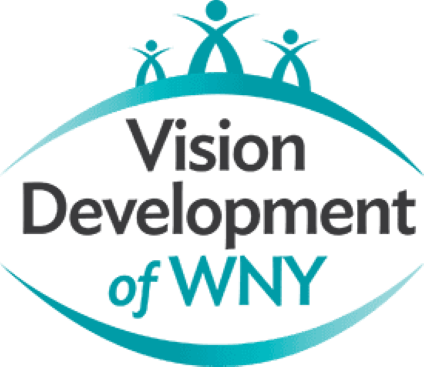Acquired Brain Injuries (ABI)
Acquired Brain Injuries (ABI)
An acquired brain injury (ABI) is brain damage that is not hereditary, congenital, degenerative, or caused by birth trauma. ABI alters the brain’s neuronal activity, impacting the physical integrity, metabolic function, and operational abilities of brain nerve cells.

What Causes Acquired Brain Injury?
There are several potential causes of ABI, including:
- Alcohol or Drugs: Excessive use can lead to brain damage.
- Diseases: Conditions like brain cancer, Alzheimer’s, multiple sclerosis, and Parkinson’s disease.
- Oxygen Deprivation: Known as an anoxic brain injury, often due to near-drowning, choking, or suffocation.
- Physical Trauma: Impacts or blows to the head from falls, sports injuries, vehicle accidents, or assaults.
- Stroke: Events like embolisms, blood vessel blockages, or transient ischemic attacks (TIA).
How ABI Affects Vision
ABIs can profoundly disrupt the visual system. While some injuries may permanently damage the optic nerve, ABIs more commonly interfere with the neural pathways connecting the eyes and brain.
Possible visual symptoms include:
- Dizziness
- Double vision
- Difficulty focusing
- Headaches
- Issues with walking and coordination
Vision Treatment for ABI
Neuro-optometrists provide customized treatment for individuals with vision impairments from acquired brain injuries. Your neuro-optometrist will first conduct a comprehensive neuro-optometric exam to assess your visual skills. Based on these results, they’ll create a neuro-optometric rehabilitation program tailored to your needs, focusing on low vision management and vision rehabilitation to enhance daily functioning, including any associated learning challenges.
The goal of neuro-optometric rehabilitation is to reduce visual impairments, helping patients carry out essential activities like walking, reading, and driving.
Treatment options may include:
- Vision Therapy
- Specialized prescription lenses
- Prism lenses
- Patching techniques, based on the specific visual issues present
With the right treatment and a personalized rehabilitation program, many patients experience rapid symptom relief, setting the stage for lasting recovery.
Schedule a Consultation
For more information on neuro-optometry or to schedule a neuro-optometric vision evaluation, please contact the Neuro-Optometric team at Vision Development of WNY.
Our practice proudly serves patients from Elma, Buffalo, SouthTowns, Western New York, and surrounding communities.
